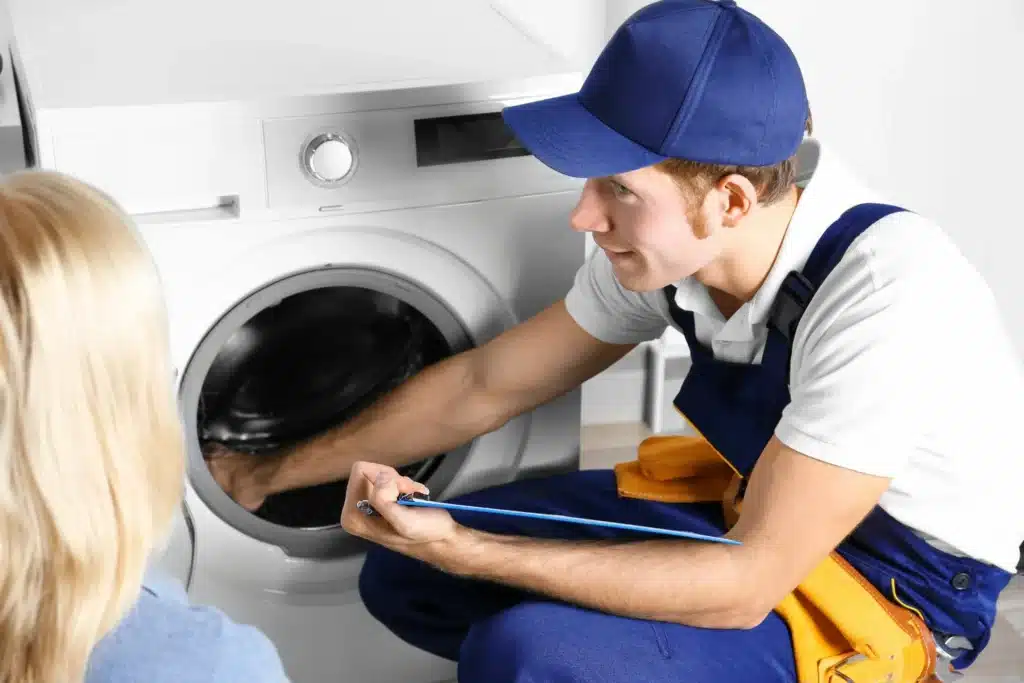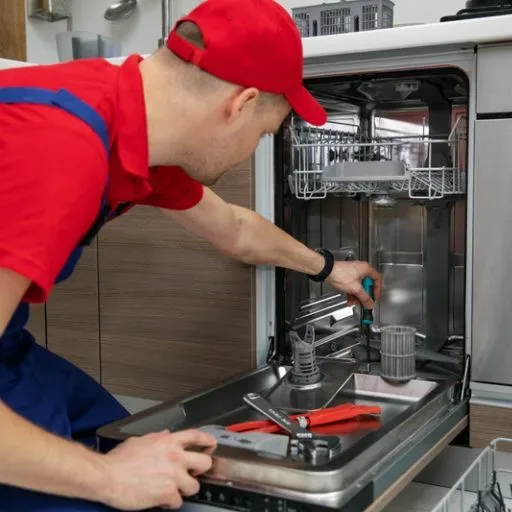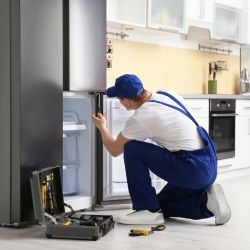
A Step-by-Step Guide to Troubleshooting Common Smart Appliance Error
Smart appliances represent a significant investment in modern convenience and effectiveness However, when those enigmatic error codes illuminate your appliance’s interface, it’s easy to feel a little frustrated. Our comprehensive guide aims to empower homeowners and professionals alike with the knowledge and skills to understand and resolve these error messages effectively, ensuring seamless functionality and longevity for your smart home ecosystem.
Understanding the Language of Error Codes
At their core, error codes are your appliance’s way of letting you know heres an underlying issue. These alphanumeric combinations serve as diagnostic tools, offering valuable insights into the root cause of the problem. By deciphering these codes, you gain the ability to assess the severity of the situation, determine the most appropriate course of action, and potentially resolve many issues without external assistance.
The Significance of Error Code Literacy
Proficiency in error code interpretation not only saves time and money but also fosters a sense of self-reliance and control over your smart home environment. Armed with this knowledge, you can determine whether a simple DIY fix suffices or if professional intervention is warranted. Furthermore, understanding error codes enables proactive maintenance and preventative measures, minimizing downtime and maximizing appliance lifespan.
Navigating the Common Error Code Landscape
While each manufacturer and model may employ distinct error code systems, certain categories of errors are prevalent across various smart appliances:
- Sensor Malfunctions: Errors related to sensors responsible for monitoring temperature, pressure, water levels, or other critical parameters.
- Communication Failures: Issues with the appliance’s internal communication network or its connectivity to your home’s Wi-Fi network.
- Motor Anomalies: Errors indicating potential problems with motors used for functions like washing, drying, or circulation.
- Heating Element Concerns: Errors related to the functionality and safety of heating elements in appliances like ovens, dryers, and dishwashers.
- Water Flow Irregularities: Errors signaling problems with water supply, drainage, or internal mechanisms responsible for water flow regulation.
A Systematic Approach to Troubleshooting
Maintaining optimal appliance performance involves a proactive approach to minimize the occurrence of error codes:
- Routine Maintenance: Regularly clean filters, vents, and coils, and descale appliances prone to mineral buildup.
- Software and Firmware Updates: Stay abreast of manufacturer-released updates to address bugs, enhance functionality, and optimize performance.
- Proper Usage and Care: Adhere to the manufacturer’s instructions for installation, operation, and maintenance. Avoid overloading or misusing the appliance.
conclusion
- Record Keeping: Maintain a log of error codes encountered, troubleshooting steps taken, and their outcomes. This record can be invaluable for future reference or when seeking professional assistance.
- Online Communities: Engage with online forums and communities dedicated to your specific appliance brand or model. These platforms offer a wealth of shared knowledge and experiences.
- Professional Services: For complex repairs or when in doubt, consult a qualified technician to ensure safe and effective resolution of the issue.
In conclusion, this comprehensive guide empowers you to decode the digital dialect of your smart appliances, fostering a deeper understanding of their inner workings and enabling effective troubleshooting. By embracing a proactive approach to maintenance and utilizing the resources available, you can ensure that your smart home ecosystem remains a seamless and enjoyable experience.

